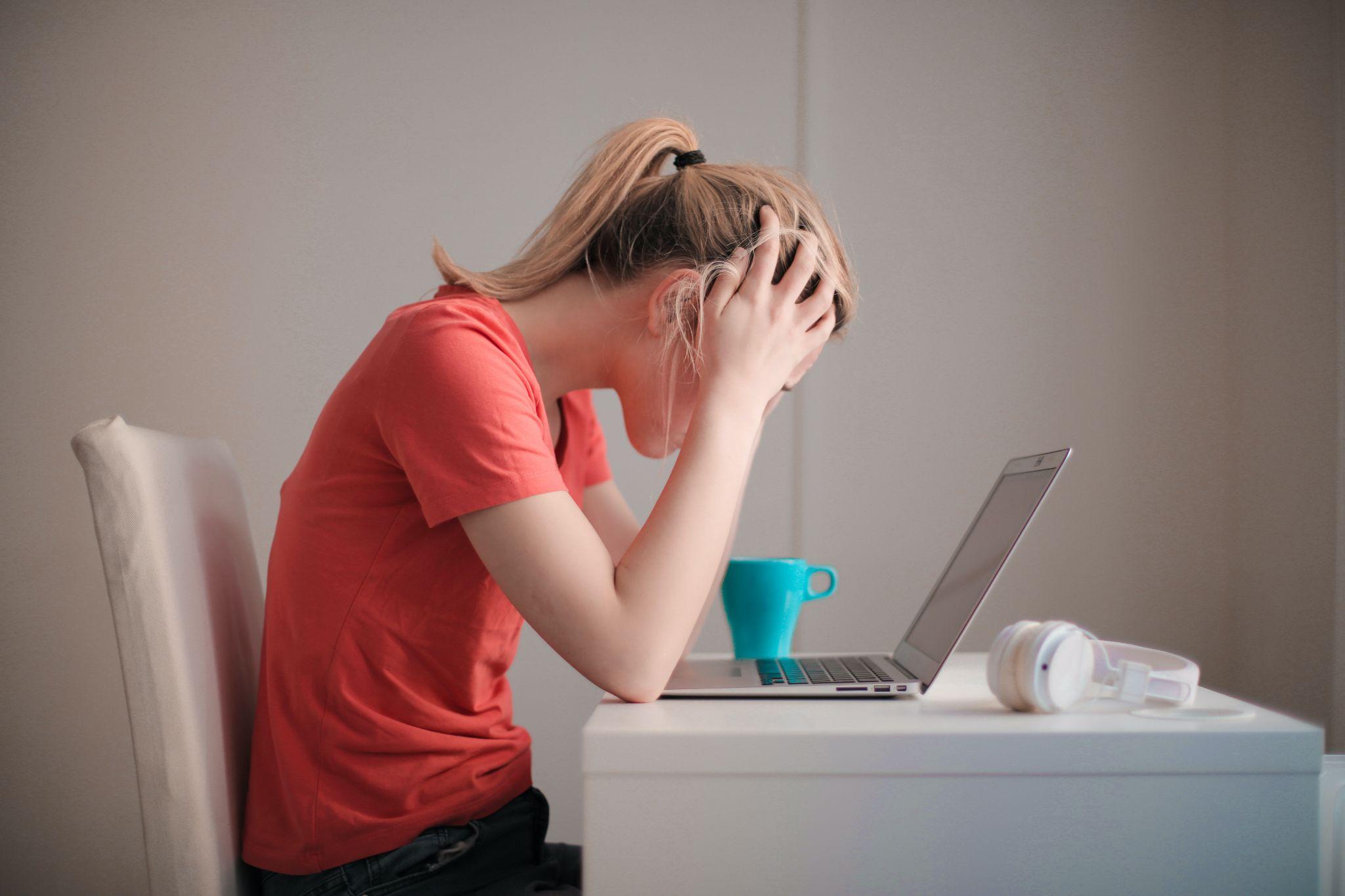Stress is a major problem in the world and can lead to serious medical conditions such as heart disease, high blood pressure, digestive issues, type 2 diabetes, cancer, and chronic pain.
It can be caused by various events and conditions affecting one’s physiological and psychological state. External factors, such as the environment and people surrounding a person, can also build up stress and anxiety.
Stress and anxiety can be crippling and is a serious issue. For instance, one-third of Americans live with extreme stress, and nearly half of Americans (48 percent) believe their stress has increased over the past five years. Many people suffer from severe stress.
Some can manage it, while others repress their emotions, which is an unhealthy way to manage it. Little by little, pent-up stress and anxiety can negatively affect a person’s life. It can even develop into a more severe mental illness, if not managed properly.
Taking reactive and proactive steps to avoid stress and anxiety can do much for your health and life longevity, aside from just making life easier. Try not to build your stress and anxiety, but rather relieve them through the following simple ways:
Get Healthy
When people experience stress, heart rate and blood pressure rise because the body and brain sense that something is wrong, this is the fight or flight response that helps humans escape danger.
However, sometimes, especially in modern times, our stressors, like work pressure or financial troubles, can’t be easily escaped. This can lead to long-lasting stress and anxiety that puts us in a constant state of dis-ease.
When this happens, there is a possibility of developing severe mental, emotional, and physical ailments. If you are already in an unhealthy state when stress or anxiety arises, this exacerbates their effects. But if the human body is well-conditioned, the more effective it can ward off stress and anxiety and return to a restful state.
Stress and anxiety can be linked to how the brain responds to various situations, which depends on the chemical components within the brain that serve as stress mediators. Therefore, maintaining healthy and balanced combinations of hormones within the body helps relieve stress and anxiety.
Maintaining a balanced diet is always key to gaining optimum wellness, paired with exercise. Keeping the body healthy also means you are providing what your systems need, including that of your nervous system. It is also a must to stay hydrated and, if possible, incorporate food items that can promote feelings of calm, like fresh raw vegetables and fruits, fermented foods, nuts, seeds, grains, team and milk.
Find Your Calm
Identifying your definition of calm and comfort is important, especially if you live a fast-paced and highly stressful life. Every human being is built and wired differently, so this definition may differ per person and situation.
Find ways to relax and bring more calm into your life. This can be as simple as going for regular walks or getting a massage, reading or re-reading your favorite book or watching a movie, doing arts like painting, pottery or singing and creating a journal. You can also listen to relaxing music or do yoga and meditation, which are proven combatants against stress and anxiety.
Additionally, do not underestimate the power of sleep. Create a comfortable environment to get a solid 7-9 hours a night and ensure your mattress meets your body type and comfort needs. You can use a mattress firmness scale to determine which type of mattress suits your needs and can help relieve body pressure, therefore easing your stress.
Practice Self-Awareness
To reduce and prevent stress and anxiety, you must understand what causes it first. With this, you have to start by being aware of it. What increases levels of stress? What activities, environments or situations commonly trigger your anxiety? You can start addressing your stressors and how you react to them.
Find mindfulness and positivity techniques that can make you react less when stress or anxiety arises. Even small practices, like breathing slowly when you are stressed or self-reminders of letting go of the things you can’t control help.
Try to develop your personal procedure of evaluating and managing yourself whenever you are starting to feel stress or anxiety. Knowing your emotions and acknowledging that you are in control of them can help you manage negative feelings, like anger, worry and fear better.
Rely on Social Supports
Social support is one of the biggest factors that help to prevent and relieve stress and anxiety. Surrounding yourself with people who care for you and support you can help ease stress and remind you that you are not alone and can deal with whatever you are facing. Sometimes, just having a vent session over a drink or having coffee quietly with a friend can make a world of difference to someone’s mental health.
Build strong relationships that you can rely on when things go south. Know that it is okay to ask for help if you feel overwhelmed with negative feelings or emotions, and allow yourself to receive support from others. Communicate with the people you love and value, so they will be able to know how and when to help you. Tell them when you get stressed or anxious and what they can do. This way, you are helping them help you better.
Seek Professional Help
If stress and anxiety reach levels that are hard for you to manage, seek professional help. A psychologist can help identify the causes and triggers of stress and anxiety and provide a better explanation of why it happens.
They will also provide you with effective techniques for dealing with stress and anxiety. Psychologists can also help you better address your condition and prescribe the right treatments and medication, especially if you suffer from more severe anxiety and stress, like anxiety disorder or post-traumatic stress disorder.
Psychologists can also help you practice mindfulness and guide you into developing a healthy habit of managing your emotions correctly. This way, you will not have to bottle up emotions, including stress or worries. If the side effects of stress cause medical-related problems, you should also seek medical attention to ensure your condition doesn’t get worse.
Combat Stress and Anxiety Effectively
Stress and anxiety can be crippling, but that does not mean they can’t be managed. There are ways to reduce and prevent extreme stress or decrease levels of anxiety that you can do to not let these negative emotions get the best of you and advance into more serious health conditions.
Maintain a healthy mind and body, cultivate healthy relationships with friends and family and adapt practices and hobbies that give you happiness, relaxation and comfort. Find time to rest and de-stress regularly, and do not be afraid to seek medical care of any kind, from physical to mental healthcare.


